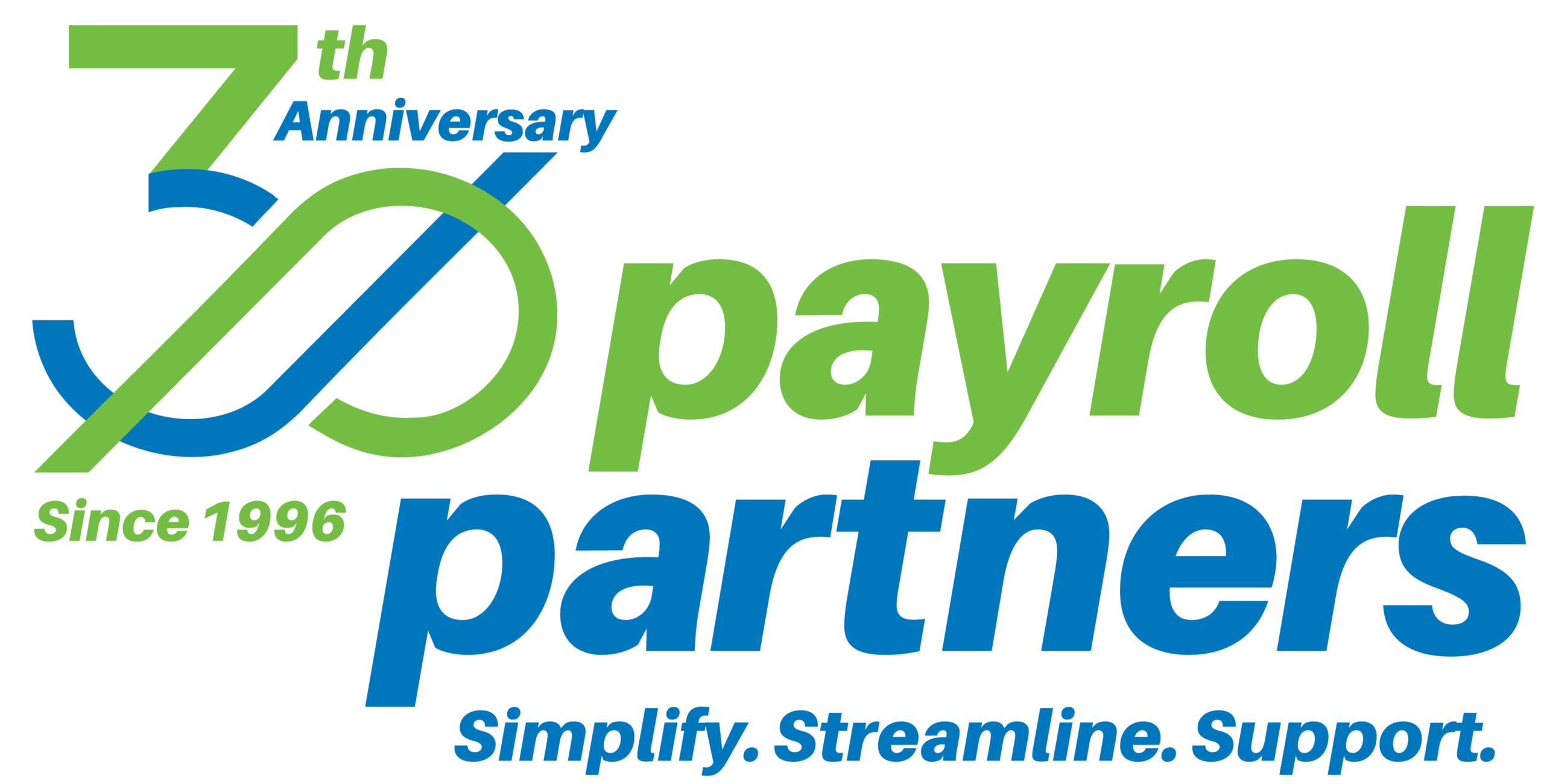The ramifications of payroll mistakes emanate from external and internal sources. Externally, the government can levy fines and penalties for payroll noncompliance. Internally, employees tend to become seriously concerned when an error shows up on their paycheck. There are many possible reasons for these mistakes, but the following five are the most common.
1. Timekeeping Errors
A manual timekeeping system means that employee hours are recorded and computed by hand, increasing the chances of mistakes. Although a computerized or web-based timekeeping system can reduce mistakes, manual adjustments are still necessary at times with these systems—such as when employees take vacation, personal, or sick time. One wrong entry can snowball into an incorrect paycheck.
How to avoid the problem: Double-check employees’ hours and wages before distributing paychecks.
2. Improper Withholding
The complexity of payroll withholding makes the process highly susceptible to mistakes, which may stem from the following:
- Inaccurately setting up employees’ W-4 and state tax information
- Incorrectly withholding federal and state taxes
- Erroneously calculating deductions for employee benefits
- Improperly handling wage garnishments
How to avoid the problem: Use a payroll system that simplifies payroll processing, including withholding, to minimize data entry errors.
3. Misclassifying Employees
Employers who intentionally misclassify employees as independent contractors often do so to avoid paying their share of payroll taxes. Employee misclassification also may be a tactic to escape providing certain benefits, such as health insurance and unemployment.
The Internal Revenue Service (IRS) and Department of Labor take this issue seriously and may impose fines and penalties, including imprisonment, on employers who misclassify employees as independent contractors. The severity of the penalty depends on whether the misclassification was intentional.
How to avoid the problem: Follow all federal and state laws, including IRS guidelines, pertaining to classifying employees and independent contractors.
4. Incorrect Payroll Tax Reporting
Employers must report the taxes they withhold from employees’ wages plus their own share of taxes to the IRS and the respective state revenue agency. With so many reports to file at different times, it can be easy to miss deadlines or submit incorrect information.
How to avoid the problem: Hire a qualified onsite staff to handle payroll tax reporting or outsource it to a competent payroll service provider.
5. Violating Minimum Wage and Overtime Rules
The Department of Labor (DOL) says that it collected over $270 million in back wages for more than 240,000 workers in 2017. Claims for back wages are typically linked to violations of the Fair Labor Standards Act (FLSA), which establishes federal minimum wage and overtime laws.
A clear violation of the FLSA would be paying a nonexempt, hourly employee less than the required federal minimum wage or inaccurately classifying a nonexempt employee as exempt.
How to avoid the problem: Comply with the FLSA’s minimum wage and overtime requirements and be sure to consult state law, which may vary from the FLSA.
Honorable Mention: Inadequate Payroll Recordkeeping
Maintaining proper payroll records is essential to minimizing exposure to audits by the DOL, state labor department, IRS, and state revenue agency.
Original content by © IndustryNewsletters. All Rights Reserved. This information is provided with the understanding that Payroll Partners is not rendering legal, human resources, or other professional advice or service. Professional advice on specific issues should be sought from a lawyer, HR consultant or other professional.

